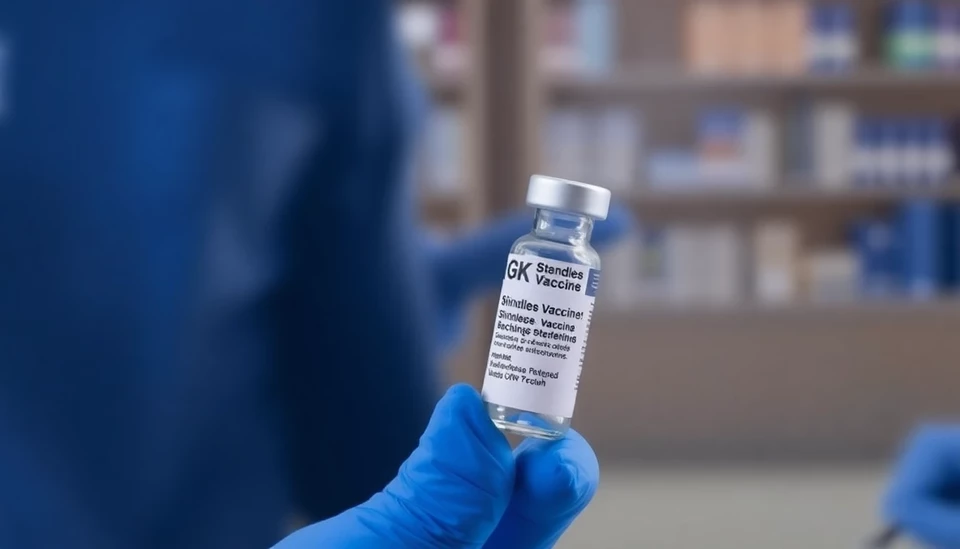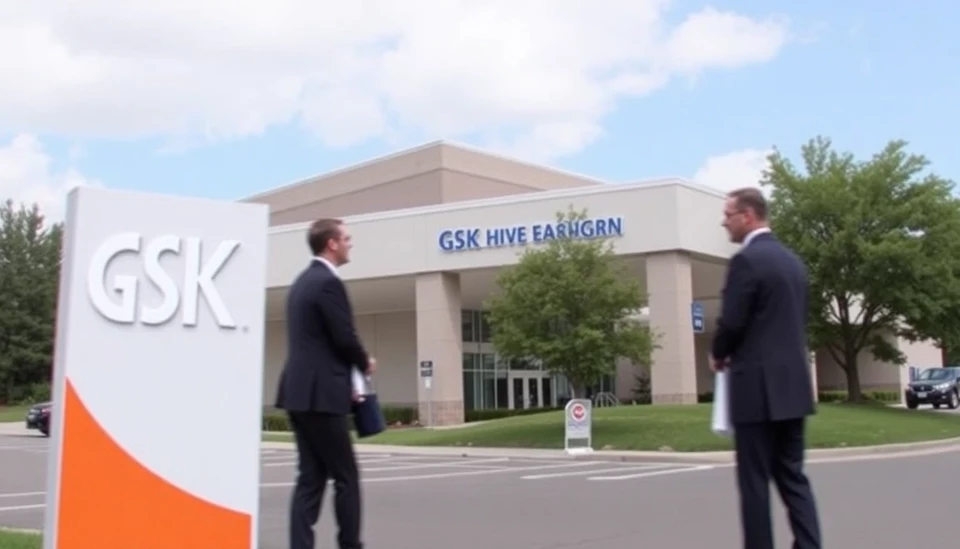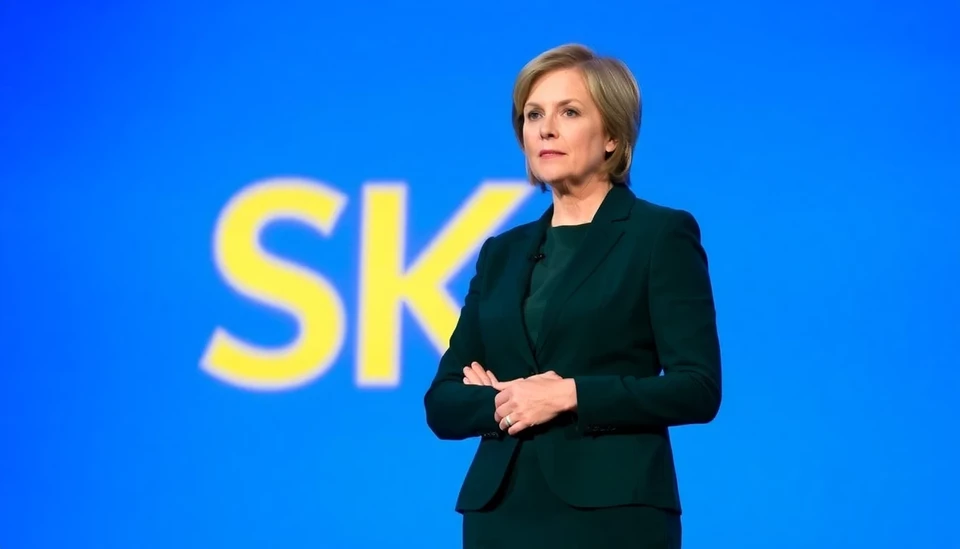
In a groundbreaking development, pharmaceutical giant GSK is investigating whether its highly successful shingles vaccine may also play a significant role in reducing the risk of dementia. This initiative could not only bolster the vaccine’s appeal but also provide new insights into the prevention of neurodegenerative diseases as the global population ages.
The study seeks to evaluate the effects of GSK’s vaccine, Shingrix, which has been widely recognized for its effectiveness in preventing shingles—a painful rash caused by the reactivation of the varicella-zoster virus. Notably, the vaccine has generated blockbuster sales, surpassing $4 billion annually since its approval. GSK’s research into dementia prevention is particularly timely, given the rising incidence of Alzheimer's disease and other forms of dementia, which are projected to strain healthcare systems worldwide.
Current studies indicate that viral infections, including shingles, may contribute to the development of dementia. The connection stems from the possible neuroinflammatory responses triggered by such infections, which have been linked to cognitive decline. By examining the relationship between Shingrix and dementia risk, GSK hopes to further establish the vaccine’s value beyond its primary purpose.
This investigation follows the trends in medical research that link vaccination with broader health outcomes, bridging gaps in understanding how preventative measures impact not only the diseases they target but also other conditions that may result from them. If Shingrix is proven to reduce dementia risk, it could reshape public health guidelines and enhance vaccination strategies among older adults.
The pharmaceutical company has outlined its plans to conduct detailed analyses utilizing data from large health databases to comprehensively assess the relationship between the vaccine's administration and any observed incidences of dementia among recipients. Ultimately, the results could lead to new recommendations for the healthcare community regarding the overall benefits of vaccines in the senior population.
While the findings of this ongoing research remain nascent, the implications for older adults could be profound. GSK’s endeavor could encourage more individuals to get vaccinated against shingles while simultaneously providing a preventive measure against cognitive decline. This initiative highlights the multifaceted benefits of immunization in promoting not just individual health but also public health at large.
In conclusion, GSK’s exploration of the links between its shingles vaccine and dementia risk is an exciting frontier in the field of preventative medicine. If proven effective, this could pave the way for a new chapter in how vaccines are perceived and administered, reinforcing their role as a cornerstone of health management among aging populations.
As the research progresses, stakeholders across healthcare will be closely monitoring developments to understand the potential for expanded vaccination policies and the holistic impacts they could have on community health.
#GSK #ShinglesVaccine #Dementia #Healthcare #PublicHealth #Immunization #ChronicIllness #NeurodegenerativeDisease
Author: John Harris




